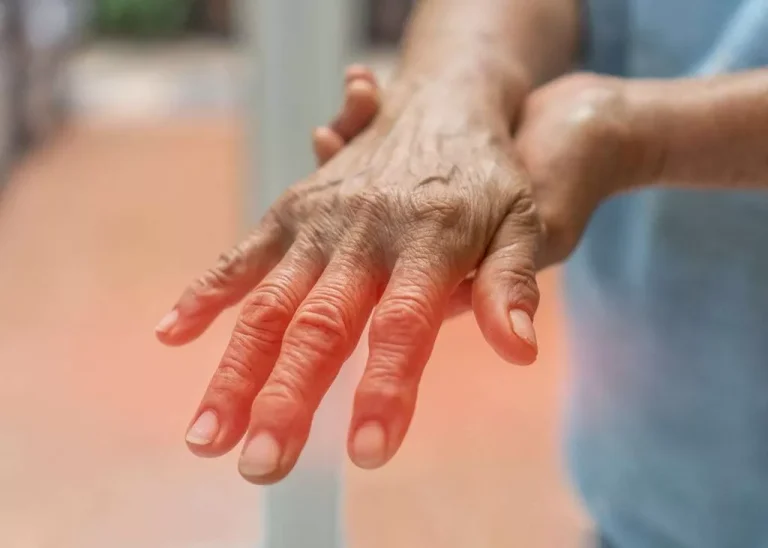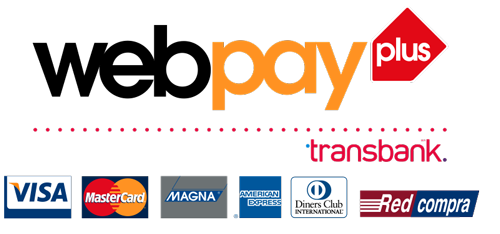Dialectical Behavior Therapy DBT > Fact Sheets > Yale Medicine

Additionally, offering DBT services across levels of care also supports patients in maintaining their treatment gains and meeting individualized goals. For instance, inpatient and partial hospitalization day programs may offer dialectical behavioral therapy shortened skills training schedules. You can start your search with the Clinical Resource Directory, which is maintained by Behavioral Tech (an organization founded by Dr. Linehan to train mental health professionals in DBT).
How Effective Is DBT?
However, each person is unique, and mental health conditions are complex. You shouldn’t expect to be completely free of symptoms or no longer have problematic behaviors after one year of DBT. Finding the right therapist is often a time-consuming task, and DBT therapy isn’t any different. Talk to people you trust to give you a referral for a therapist who uses dialectical behavior therapy, whether it’s your primary healthcare provider or a friend or family member.
How Do Dialectical Behavioral Therapy Sessions Work?
- Usually, DBT lasts at least 6 months, and sometimes, up to a year.
- Patients can expect homework assignments, which might, for example, focus on taking specific, concrete steps to master relationship challenges.
- The lifetime prevalence of BPD is 5.9%, according to some estimates.
- It is recommended that people seeking treatment find a licensed mental health professional who has completed a specialized DBT training or certificate program.
- DBT was initially developed to help improve symptoms of BPD and persistent thoughts of suicide.
In the 1980s, psychologist Dr. Marsha Linehan noticed that CBT was not working well with patients who experienced suicidal behaviors, self-harm tendencies, or had borderline personality disorder. CBT’s focus on improving feelings by changing thoughts and behaviors overwhelmed them. Patients felt invalidated, misunderstood, and criticized, which led many to drop out of therapy. It is recommended that people seeking treatment find a licensed mental health professional who has completed a specialized DBT training or certificate program.
Stage 2 DIALECTICAL BEHAVIOUR THERAPY (DBT) PROGRAM

Some of the strategies and techniques that are used in DBT include the following. If your therapist is unavailable, call the Suicide and Crisis Lifeline at 988. Someone will be available to talk with you 24 hours a day, seven days a week.
- These patterns can harm relationships and functioning across all settings.
- Our goal is to meet the needs of our clients by offering individual, couples, and group therapy, home- and community-based services, as well as intensive treatment programs.
- It’s a type of behavior-focused therapy that teaches ways to manage strong feelings and tough situations.
- If you have been diagnosed with borderline personality disorder, your treatment may last longer than that.
- The modules are often repeated, however, meaning that many people spend a year or longer in a DBT program.
Impulsive behavior such as substance abuse, unsafe sex, or overspending can be common challenges when you live with borderline personality disorder. DBT was initially developed to help improve symptoms https://ecosoberhouse.com/ of BPD and persistent thoughts of suicide. Today, it’s considered one of the most effective treatments for BPD. But as difficult as it might sound, it’s possible to manage them with a little help.

Core Mindfulness

That means there’s proof that it can help improve many different mental health conditions and your general quality of life. DBT is considered a subtype of cognitive behavioral therapy (CBT), but there’s a lot of overlap between the two. Both involve talk therapy to help better understand and manage your thoughts and behaviors.
Emotion Regulation Skills

Therapists are available for phone coaching with individuals in between sessions, often around the clock, to help people through specific situations in the moment. Individual DBT sessions also run concurrently with group sessions, and typically, a person will attend these once a week as well. Side effects of dependence include withdrawal symptoms that are opposite to the effects of alcohol, including anxiety and depression. Repeated alcohol abuse can cause mood swings and difficult emotions to worsen.
Emotion Regulation
- Each module consists of group and individual therapy, as well as homework assignments.
- It involves distress tolerance, mindfulness, emotional regulation, and interpersonal effectiveness skills.
- Your therapist will also use this time to build up your skills and help you navigate specific challenges.
- The skills focus on four core skills, and for each skill there are around 10 lessons to help you develop that skill.
- Most therapists’ websites list the conditions and problems they treat.
- Those who pass are then required to submit first a treatment conceptualization for a person they wish to treat with DBT.
The outlook and prognosis can vary depending on the individual and the severity of their condition. Patients who fully participate in all components of DBT and apply the skills learned in their daily lives often see the most benefit. It is important to remember that this should not be used in place of professional help. If you’re struggling with a mental health condition, it’s always best to seek out the help of a qualified mental health professional. DBT is complex, and it’s generally not something that people can do on their own without the guidance of a trained therapist.
Linehan refers to these four skills as the “active ingredients” of DBT. Interpersonal effectiveness is about improving relationship skills. Managing emotions and emotional reactivity in relationships requires setting limits and managing conflict, while also respecting others. Research has found that beyond BPD, dialectical behavior therapy has been shown to help reduce suicidal behavior in adults. Studies show DBT also reduces self-harming behavior and suicide attempts in teens. Unlike with most other therapies, with DBT your therapist is available by phone for in-the-moment support.


Agregar un comentario
Debes iniciar sesión para comentar.